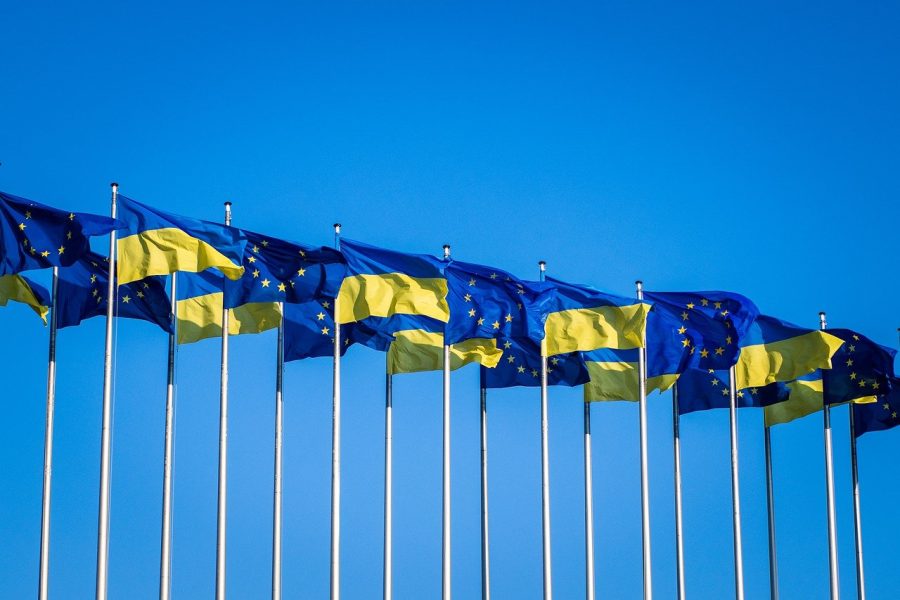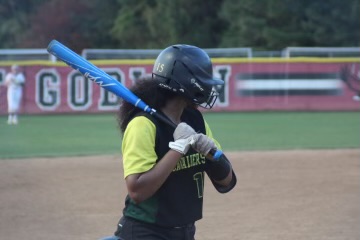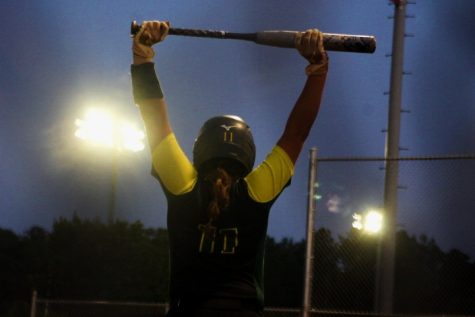Tensions build in Ukraine
Ukrainian flags fly at the European Union Parliament in a show of support
Following recent events, it feels like a new Cold War is brewing in Eastern Europe. With a Russian leader gathering his troops, and North American Treaty Organization (NATO) nations pleading with Russia to make peace, many worry about the possibility of a full scale world war. Now, this modern day Cold War has escalated: Russian President Putin sent his troops into Ukraine for a “special military operation” in order to “denazify” Ukraine by targeting the Ukrainian capital, Kyiv. As peace talks continue to falter, the war looks poised to continue, and it could be the start of a larger conflict as Russia pushes into former Soviet Union territory.
The war in Ukraine is the world’s main focus, and America is one of many countries supporting the Ukrainians. On a national level, the Biden Administration introduced sanctions against Russia in order to harm their economy. Locally, people are donating money to the cause and professing their support on social media. Humanitarian organizations are dedicated to providing relief for the people of Ukraine as their country is invaded.
Junior Vivian Fitzhugh wants the world to help the people in Ukraine by donating supplies. Fitzhugh has a personal connection to the war, as she has family and friends who live in Ukraine.
“The friends and family we have there, they’re in and out of bomb shelters,” Fitzhugh said. “For the most part, they’re sort of normal except they’re going into the shelters quite a few times a day. It’s causing a lot of stress.”
As the situation continues to escalate, there are concerns about the future, as well as questions about how the U.S. should respond.
History teacher Emmett Hickam agrees with the current United States and NATO strategy of using economic sanctions against Russia to force them out of the war.
“I think the only option we have is to go the sanctions route to try to destroy any type of economy, [and] prosperity that they might have,” Hickam said. “It is the oligarchies that have control of almost everything within Russia, with a few exceptions. It’s the people that are going to feel the brunt of this for decisions made by a handful. If enough pressure is put on Russia from within, leading by its people, Putin will have no choice but to do something other than the status quo.”
History teacher Cluny Brown also finds the economic sanctions to be a suitable strategy, because they hurt Russia economically. She believes that if the oligarchs who support Putin begin to lose money, they will abandon him because their ties are economic instead of ideological. However, Brown does not see sanctions as the only option.
“We can certainly send military aid,” Brown said. “I think maybe not through the United States. Since, as we all know from Cold War politics, the United States doesn’t normally take Russia on, you know, head to head. But through a UN Police or peacekeeping action, or through NATO, certainly some kind of military assistance thing, they need it, [and] they have to have it.”
Brown thinks that the world should act now to stop Russia before it expands its operation beyond Ukraine after taking it.
“If Ukraine falls, what’s to stop them from taking anything else,” Brown said. “And if NATO was there as a defensive alliance to protect the other NATO member nations, Ukraine is surrounded by member nations, that will become easy pickings if we don’t make a decisive stance now.”
Hickam feels that the United States has an obligation to come to Ukraine’s defense that makes involvement a necessity. If the United States does nothing, it will harm the nation’s reputation and goals on the world stage.
“At the end of the Cold War, the United States made a promise to Ukraine that if you give up these weapons of mass destruction, these nuclear weapons that you have that accidentally ended up inside your borders at the crumble of the Soviet Union, we will protect you,” Hickam said. “It’s a tough spot. I wish we weren’t in it. But we don’t have a choice but to get involved.”
Hickam also agrees with Ukrainian President Volodymyr Zelenskyy’s plan to align Ukraine with NATO is the correct course of action because it is a conflict between a large, powerful, and aggressive nation and a relatively smaller nation. According to Hickam, Ukraine would benefit from outside help.
“It’s the basic David and Goliath story here,” Hickam said. “Russia is historically aggressive. If they want something, they continuously go after it. They press the envelope and attempting to align himself with NATO is absolutely the right thing to do.”
The war in Ukraine has led to fears of a new Cold War or the start of World War III. Both Hickam and Brown are concerned that the war could escalate beyond Russia and Ukraine, especially considering Russia’s relationship with China.
“I think we need to worry about this possibly being a smokescreen for China seizing Taiwan,” Brown said. “I think we need to keep an eye on both of them. I think there is some kind of an alliance that was created [between Russia and China]. And we need to be on the guard of what they’re doing to benefit one another.”
Brown emphasizes that the world cannot allow another world war to happen. She sees the parallels between the war in Ukraine and the first two world wars in the 20th century.
“[Russia is] dangerous to the entire world, not just to Europe,” Brown said. “Anytime this has happened before it has been catastrophic.”
Currently, Russian forces continue to advance on Kyiv as peace talks have failed. Russian weapons have caused the deaths of Ukrainian civilians and the destruction of buildings, in addition to the casualties of soldiers. According to the UN, the current number of Ukrainians who left the country as refugees is over 3.7 million. Millions more are displaced but remain in Ukraine. Ukraine itself continues to fight the Russian invasion and successfully recaptured areas around Kyiv in recent days with a counteroffensive.

Ben is a senior in his third year of writing for the Cavalier Chronicle and his second as an editor. His love for writing led him to join the staff, and...

Now a senior at Clover Hill, Spencer is in his third year of being a journalist and second year of being an editor for the Cavalier Chronicle. Spencer’s...








Christopher Hernandez • Mar 25, 2022 at 10:06 pm
I think this is something we have to be concerned with.